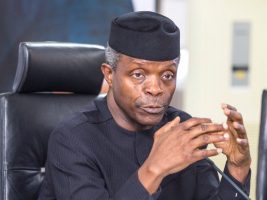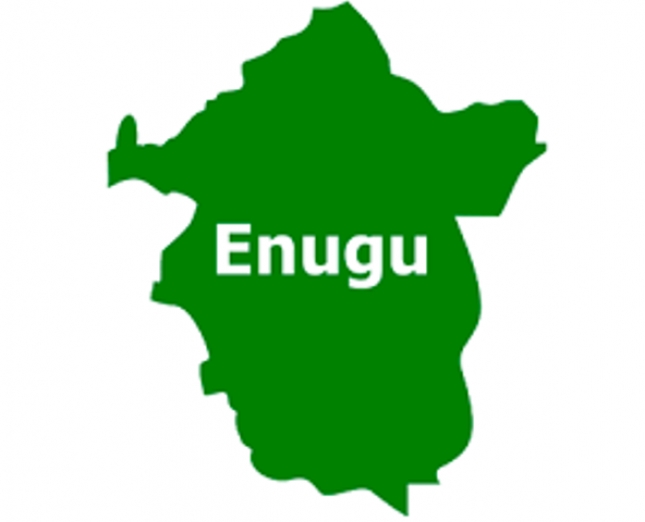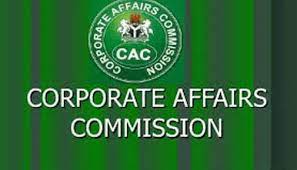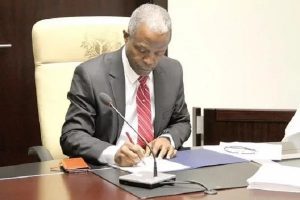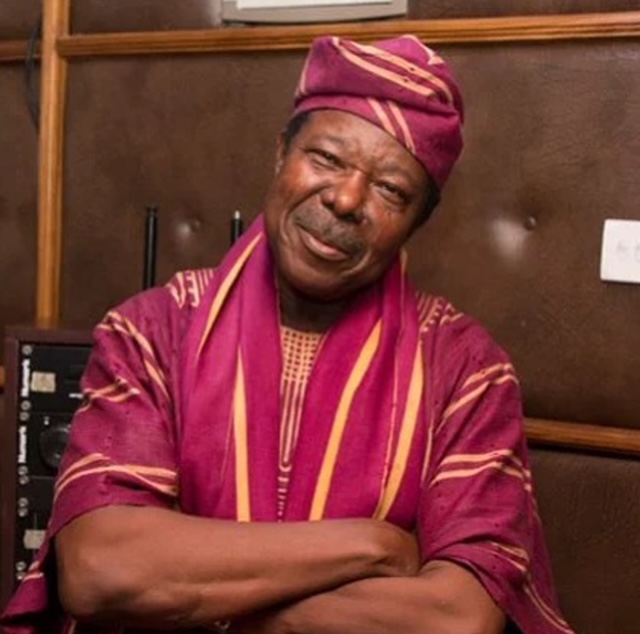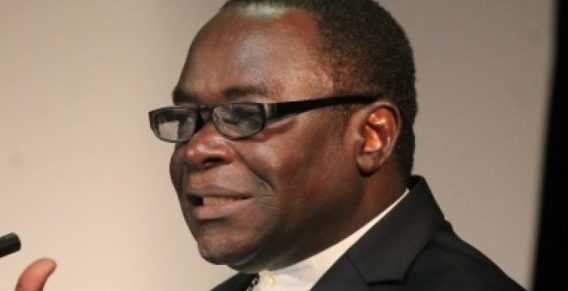The Acting President, Prof. Yemi Osinbajo, on Tuesday called for more collaborative efforts among government institutions in Africa to provide effective leadership that would tackle challenges in the continent.
The acting president made the call while opening the 16th Commonwealth Speakers and Presiding Officer’s Conference, Africa Region in Abuja.
He said that angst and cynicism of the populace in Africa and the developing world was worse, adding that conflicts, corruption, weak institutions had ensured that the largest number of the poor and deprived came from Africa.
“There is unanimity of opinion that it is the failure of leadership.
“So, while we speak of our legislative halls as hallowed chambers, our courts as temples of justice, and the executive villas as corridors of power, they are all suggestive of grand but isolated institutions,’’ Osinbajo said.
He, however, expressed optimism that with stronger collaboration between the National Assembly and the Presidency, poverty, hunger and disease could be reduced to the barest minimum.
“Poverty, hunger and diseases can become history by pursuing those legislative and executive options that target education, food security and healthcare for all.
“The National Assembly and the executive have shown that when we work together we can make the quantum leaps in bettering the lives and livelihoods of our people,’’ he said.
The acting president said that Federal Government was making tremendous progress in the agricultural sector due to progressive legislative appropriations.
According to him, today by a combination of progressive legislative appropriation to agriculture, importation of rice has dropped by over 80 per cent. And, we will be self-sufficient in rice production by the end of 2018.
“Again, because we chose to work together, the National Assembly, at the request of the Executive appropriated N500 billion for the largest social investments programme in sub-Saharan Africa.
“The fund allows us to engage 500,000 young graduates in our N-Power scheme, to give cash transfers to a million of the poorest in our society and to extend micro-credit to a million market women, artisans and small businesses.
“It enables us to begin a social housing fund in the sum of N1 trillion with government putting in N100 billion annually,’’ Osinbajo said.
He added that the fund would provide finance on a counterpart basis for developers and create mortgage facilities that would ultimately enable anyone to pay N30, 000 a month to own a home.
Osinbajo further said that the synergy between the two arms of government facilitated the decimation of insurgents in the North-East.
According to him, the executive and the legislature, in the worst days of insurgency, worked together to ensure that adequate provision was made for the military, including prompt passing of virements when initially budgeted funds ran short.
“We decimated the Boko Haram as a fighting force, and ensured that they control no part of Nigerian territory,’’ he said.
Osinbajo also stressed the need for strong institutions in the continent.
Similarly, the Speaker, House of Representatives, Mr Yakubu Dogara, urged legislatures in Africa to liberate their people from dictatorship by building strong institutions.
Dogara called for the establishment of networks and building coalition among the African legislatures in view of the need to drive socio-economic development and lift the people out of poverty.
He, however, pointed out that the executive hardly reciprocated the gesture of cooperation extended by the legislature in effort to ensure smooth running of government for the delivery of dividends of democracy to Nigerians.
“The legislature as the first institution of democracy must sacrifice more in this endeavour even if the gesture is not often reciprocated by the executive,’’ he said.
Dogara maintained that Africa’s quest to develop fast could only be achieved when strong institutions were built to replace weak ones that were deliberately put in place by dictators.
He said, “Africa does not need strong men but strong institutions.
“Unfortunately, Africa has been home to strong men who paradoxically relished in building weak institutions to keep them stronger.
“Yet all of Africa’s problems, be they corruption, socio-political, economic, can only be solved by strong institutions.
“It is therefore the duty of parliaments across Africa to free our people from the shackles of strong men by ensuring that strong institutions replace the latter thereby ending this pervasive curse on the continent.
“There is no gainsaying the fact that our parliaments cannot achieve this onerous task without first establishing networks and building coalition. That is the main reason why we are assembled here today,” he said.
In his remarks, the President of the Senate, Dr Bukola Saraki, urged participants to use the conference as a platform for stock-taking on the political progress so far attained in the continent.
“This conference should provide us opportunity for stock-taking. Just how much political progress has been attained in Africa?
“How do we explore democracy as a potent tool to eliminate extremism and expand liberty and development?’’ he said.
While recognising widespread public distrust of public institutions, Saraki expressed commitment of the National Assembly to collaborate with other arms of government to ensure good governance in the country.
